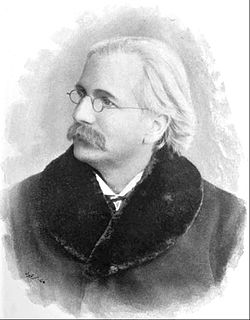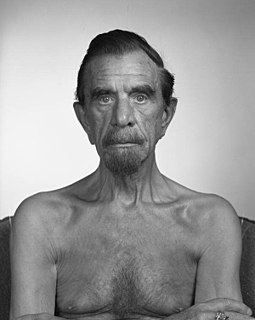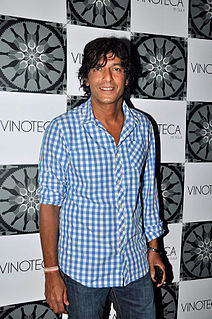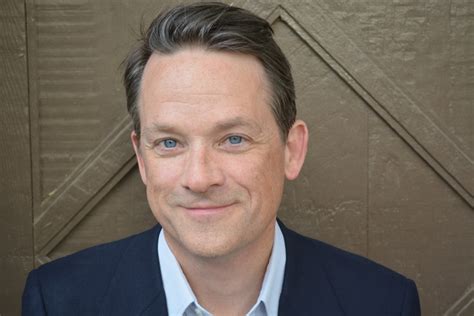A Quote by Charles Duhigg
Rather, to change a habit, you must keep the old cue, and deliver the old reward, but insert a new routine.
Related Quotes
But countless studies have shown that a cue and a reward, on their own, aren't enough for a new habit to last. Only when your brain starts expecting the reward--craving the endorphins or sense of accomplishment--will it become automatic to lace up your jogging shoes each morning. The cue, in addition to triggering a routine, must also trigger a craving for the reward to come.
Make new friends, but keep the old;
Those are silver, these are gold.
New-made friendships, like new wine,
Age will mellow and refine.
Friendships that have stood the test -
Time and change - are surely best;
Brow may wrinkle, hair grow gray,
Friendship never knows decay.
For 'mid old friends, tried and true,
Once more we our youth renew.
But old friends, alas! may die,
New friends must their place supply.
Cherish friendship in your breast-
New is good, but old is best;
Make new friends, but keep the old;
Those are silver, these are gold.
A fixed habit is supported by old, well-worn pathways in the brain. When you make conscious choices to change a habit, you create new pathways. At the same time, you strengthen the decision-making function of the cerebral cortex while diminishing the grip of the lower, instinctual brain. So without judging your habit, whether it feels like a good one or a bad one, take time to break the routine, automatic response that habit imposes.
What we know from lab studies is that it's never too late to break a habit. Habits are malleable throughout your entire life. But we also know that the best way to change a habit is to understand its structure - that once you tell people about the cue and the reward and you force them to recognize what those factors are in a behavior, it becomes much, much easier to change.
The other producer of old age is habit: the deathly process of doing the same thing in the same way at the same hour day after day, first from carelessness, then from inclination, at last from cowardice or inertia. Luckily the inconsequent life is not the only alternative; for caprice is as ruinous as routine. Habit is necessary; it is the habit of having habits, of turning a trail into a rut, that must be incessantly fought against if one is to remain alive.
For successful education there must always be a certain freshness in the knowledge dealt with. It must be either new in itself or invested with some novelty of application to the new world of new times. Knowledge does not keep any better than fish. You may be dealing with knowledge of the old species, with some old truth; but somehow it must come to the students, as it were, just drawn out of the sea and with the freshness of its immediate importance.
There is immunity in reading, immunity in formal society, in office routine, in the company of old friends and in the giving of officious help to strangers, but there is no sanctuary in one bed from the memory of another. The past with its anguish will break through every defense-line of custom and habit; we must sleep and therefore we must dream.
I love chess, and I didn't invent Fischerandom chess to destroy chess. I invented Fischerandom chess to keep chess going. Because I consider the old chess is dying, it really is dead. A lot of people have come up with other rules of chess-type games, with 10x8 boards, new pieces, and all kinds of things. I'm really not interested in that. I want to keep the old chess flavor. I want to keep the old chess game. But just making a change so the starting positions are mixed, so it's not degenerated down to memorisation and prearrangement like it is today.
We don't have to remain in this radically destructive mind-set and institutional-set. We can change, and the natural order of things could emerge in all of our societal organizations-government, commerce, religion-it's right there, waiting to happen. I often tell people that every mind is like a room in an old house, stuffed with very old furniture. Take any space in your mind and empty it of your old conceptions and new ones will rush in, good or bad. So change is more a getting rid of rather than an adding to or an acquiring.






























